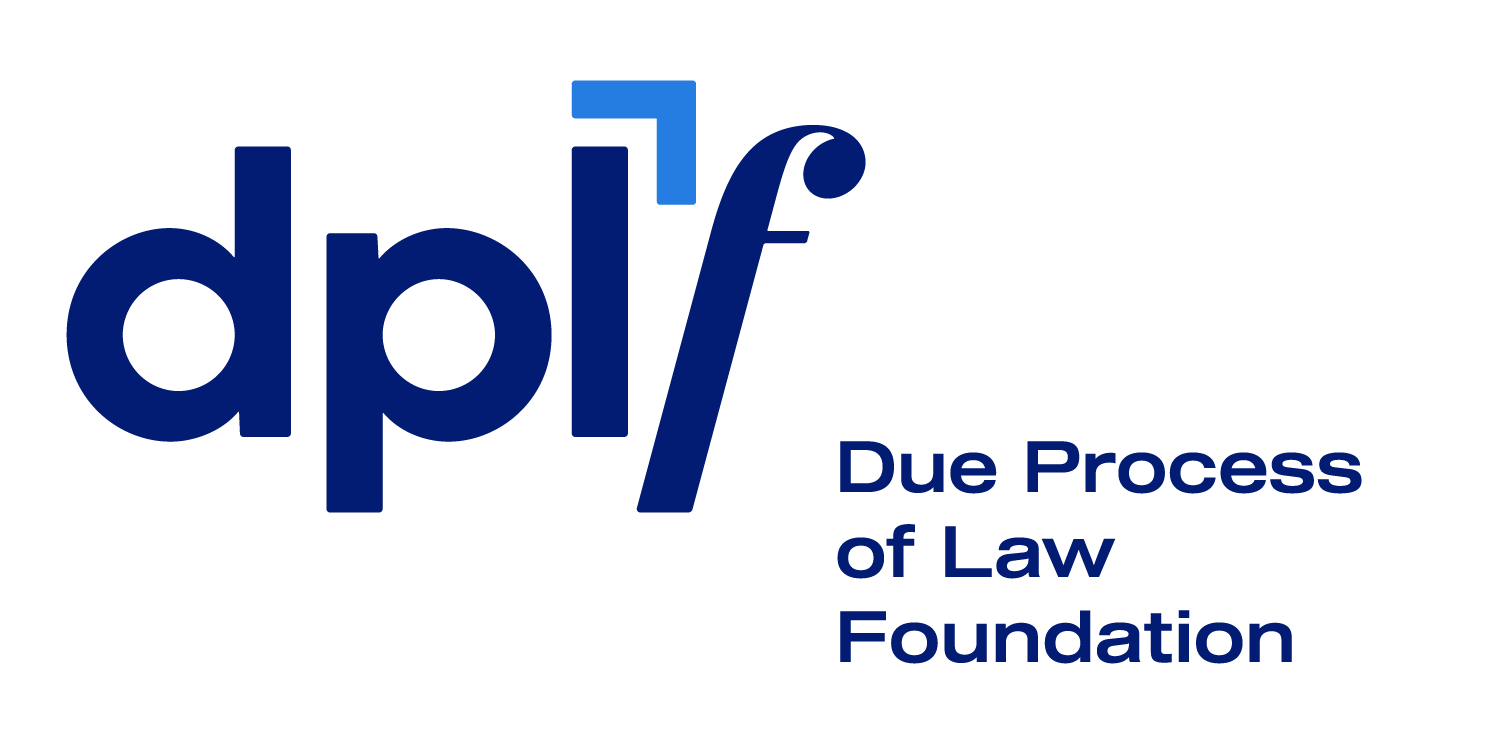Washington D.C., October 6, 2015
Authorizing the use of transgenic soy by Monsanto in Mexico hurts Maya apiculturists. DPLF and other organizations present Amicus Curiae before the SCJN to respect the right to prior consultation.
The Due Process of Law Foundation (DPLF), the Center for the Study of Law, Justice and Society (Dejusticia) of Colombia, the Human Rights Clinic of the Human Rights Research and Education Centre of the University of Ottawa in Canada, Center for Analysis and Research of Mexico (FUNDAR), and the Institute for Legal Defense (IDL) presented an Amicus Curiae in support of cases before the National Supreme Court of Justice of Mexico on Maya communities affected by the authorization to use transgenic soy in their territory.
The document was presented on September 30, 2015 in the Second Chamber of Mexico’s Supreme Court to support the protective action (Amparo) presented by the Maya communities of Pac-Chen, Cancabchen and five associations of Maya apiculturists from in the Mexican State of Campeche and by associations of Maya apiculturists of the State of Yucatan.The protective action request refers to a permission issued in favor of the transnational corporation Monsanto, to produce genetically modified soy. This permission directly affects the Maya communities and apiculturist associations without the required free, prior and informed consultation by the responsible authorities.
The planting of transgenic soy impedes the commercialization of honey produced by the Maya population of the Yucatan Peninsula from time immemorial, particularly to those markets such as the European Union that prohibit the importation of any genetically modified agricultural product. Since the arrival of transgenic soy to the Yucatan Peninsula, there have been commercial embargos on the honey from that region, due to the pollen collected by the bees being contaminated by genetically modified material. This situation affects the livelihood of thousands of indigenous families, as well as affecting their health and the natural resources of their traditional territory, due to massive use of pesticides on mono-cultivations of soy.
The purpose of the amicus curiae is to identify the international rights standards and comparative constitutional rights on the right to free, prior and informed consultation applicable to state authorizations for the cultivation of transgenic crops in indigenous territories. A Supreme Court decision that does not comply with international standards on this issue would not only deny fundamental rights of the affected Maya People, but it would also mean Mexico is not in compliance with international obligations it assumed.
